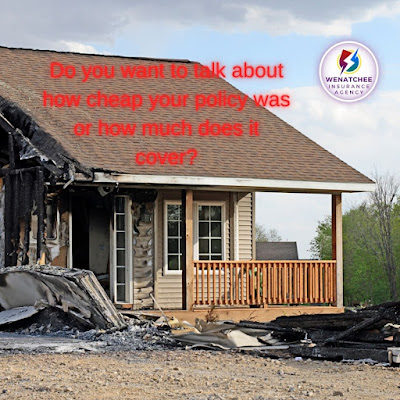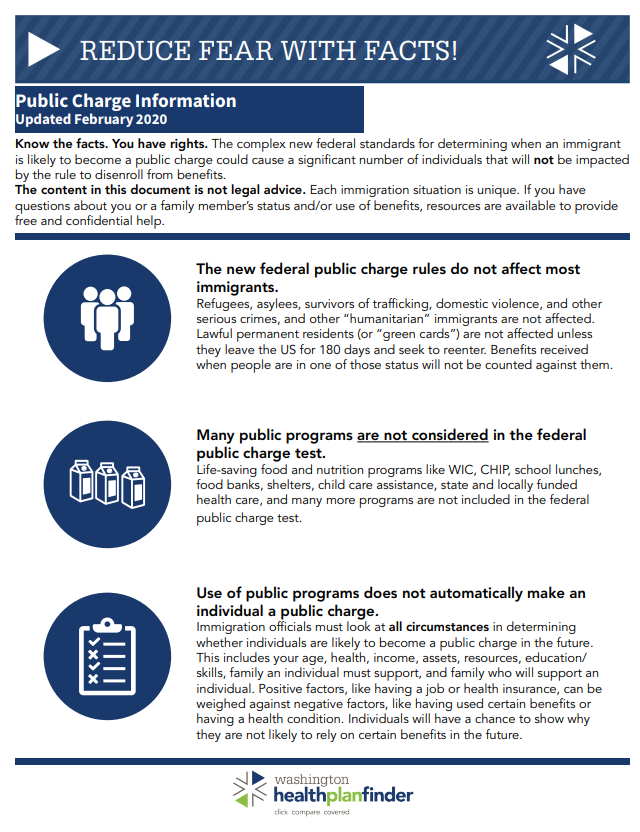I had a claim and the insurance company didn't pay me full value of my item, what happened?
 |
| Never had anyone ask how cheap their policy was during a claim. |
Personal Property and Insurance has several very important values when you are talking with an insurance agent. We go over these coverages at the time of presenting the quote with the client. It gives them the information to make an informed decision.
There is Replacement Cost Value is the amount of money it would cost to replace an item with a similar item of like kind and quality in today's market. RCV is typically higher than actual cost because it takes into account the cost of inflation and the cost of replacing the item with a similar item of like kind and quality.
/.jpg) |
| Where do you shop? |
Depreciation is the decrease in value of an asset over time due to wear and tear, obsolescence, or other factors.
Example, let's say that you buy a $10,000 entertainment system for your house. Three years later, you have a fire and it is destroyed. Your insurer determines the actual cash value is $4000. With ACV insurance, you will get a check for $4000 minus the deductible. With the RCV coverage, you may be able to also claim the $6000 in depreciation.
Replacement Cost Value and Actual Cost Value can be the difference between shopping at a department store verses a thrift store after a claim because of depreciation.
Be aware of items that can have claim limits for a policy. It is not uncommon for the following items to have a dollar reimbursement limit:
1. Jewelry2. Artwork
3. Firearms
4. Electronics
5. Collectibles
6. Musical Instruments
7. Business Equipment
8. Furs
9. Silverware
10. Coins and Stamps
A rider policy is an insurance policy that provides additional coverage for specific items, such as firearms. It is usually an add-on to a homeowner's or renter's insurance policy and provides coverage for the firearms in the event of theft, damage, or loss. The policy may also provide coverage for liability in the event of an accidental discharge of the firearm. The coverage limits and terms of the policy will vary depending on the insurer, so it is important to read the policy carefully with your agent to understand your coverages fully.
We like to work on the front end establishing either a renters or homeowners policy that contains coverage that are not a surprise during a claim. Your household is important so re-establishing it after a fire or theft can be difficult and it is made more difficult if you are under insured. Let's have that conversation.




Comments
Post a Comment